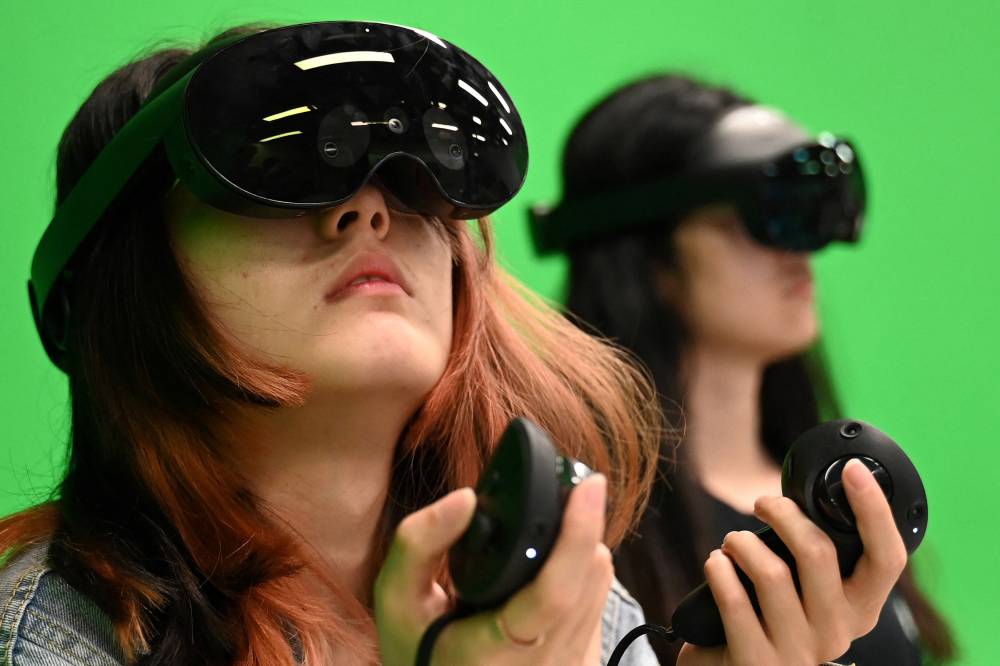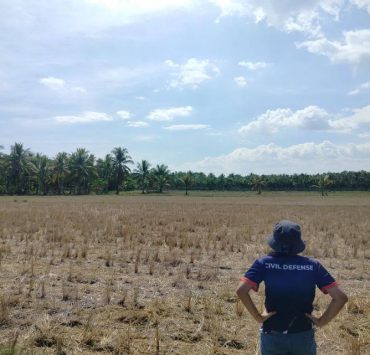Why not? Women can be techies, too

While many people invent, innovate and create simply for the thrill of blazing a trail or coming up with something new or different but with little practical application, most women develop products and services for women that impact women and address real problems and issues faced by women.
She Loves Tech, the Singapore-based organizer of the world’s largest startup competition, is determined and committed to shine the spotlight on women inventing, innovating, creating—even developing groundbreaking technology—to make life easier and more convenient for their sisters and the rest of the human population.
The global platform, which organizes the world’s largest startup competition for women and technology, aims to close the funding gap for women entrepreneurs by bringing their products and services to the attention of donors and sponsors. She Loves Tech’s goal “is to unlock over $1 billion in capital for women-led businesses.”
Leanne Robers, co-CEO and one of the three women founders of She Loves Tech Competition, says entries must offer products and services for women and impact women. She points out that 90 percent of women think of others before themselves. Thus, they come up with products and services that seek to solve people’s, not just women’s, actual problems.
Robers, who was one of the speakers at the forum on “Investing in Equality toward Gender-inclusive Prosperity” held at the SM Aura Premier, says there is a relationship that can grow between women and technology.
“Women can have an impact on technology and technology can have a transformative impact on women,” she points out. But she acknowledges that it is “still not easy to be a woman in technology.”
Despite comprising half of the global population, Robers says, “Women are left behind in a world that is increasingly about technology. Their startups and business ventures are often not being given the chance or support.” Even if they get funding, she says, “women receive less [financial support] or [their initiatives] are undervalued.”
And yet, she notes, “women outperform their male counterparts despite getting less financial support.” She adds that there is no difference between men and women with respect to technology.
“Technology does not discriminate according to gender. It levels the playing field,” Robers stresses. But women remain extremely underrepresented in the technology world.
The lack of role models that can inspire and motivate women may be one reason why they are reluctant to venture into the world of technology, Robers says.
‘Own your success’
But women themselves, she points out, tend to create interior barriers to their venture into the world of technology. “Women have a self-limiting mindset and behavior,” she says.
Robers, a trained psychologist, points to herself in encouraging women not to fear technology. “Women think they are not good enough, not smart enough, not capable enough,” she notes. This attitude prevents women from seizing opportunities made available by technology.
She also encourages women not to be modest about their achievements. “Sometimes women believe their accomplishments will speak for themselve [so they do not have to talk about them].” Many do not want to brag.
Robers disagrees. “Women have to stand up for themselves, talk about their accomplishments.”
There should be a shift in mindset, she says. “Own your successes. Everything that makes us women makes us successful.”
Women should drop the self-limiting attitude, the belief that technology is beyond their capability. Instead, she encourages them to be ready to learn.
“You don’t have to be a techie to be in technology. You just have to be willing to learn and grow,” Robers stresses, as she adds that women are already changing the space of technology.
She Loves Tech competition draws from 3,000 to 5,000 entries from 109 countries, although the organization has a presence in only 76 nations. Entries should be working products and services that have already gained traction and should respond to what a country most needs.
Participating organization must have at least one woman actively performing the duties and responsibilities of someone in an executive position.
Those interested to participate in the competition may apply directly to the organization. Activation and screening will run until August this year. Global finalists will fly to Singapore to meet their peers and participate in a week-long bootcamp in November.
In 2021, the United Kingdom-based CardMedic was named global winner for its mobile application-based SAAS platform that assists communication between health-care staff and patients. SAAS, which stands for software as a service, allows users to connect to and use cloud-based apps over the internet.
Receiving the second place prize was re3D, North America, a developer of 3D (three-dimensional) printers designed to allow 3D printing from reclaimed plastic trash.
In third place was South Korea’s SAIB, an intimate cosmetic brand that provides female-friendly sexual wellness products.
Kno Global, which received the Asian Development Bank’s Ventures Impact Award, is a real-time transparent data platform for brands, factories and workers.
Robers says the future for women is to be not just participants but leaders in a technology-driven world.

















